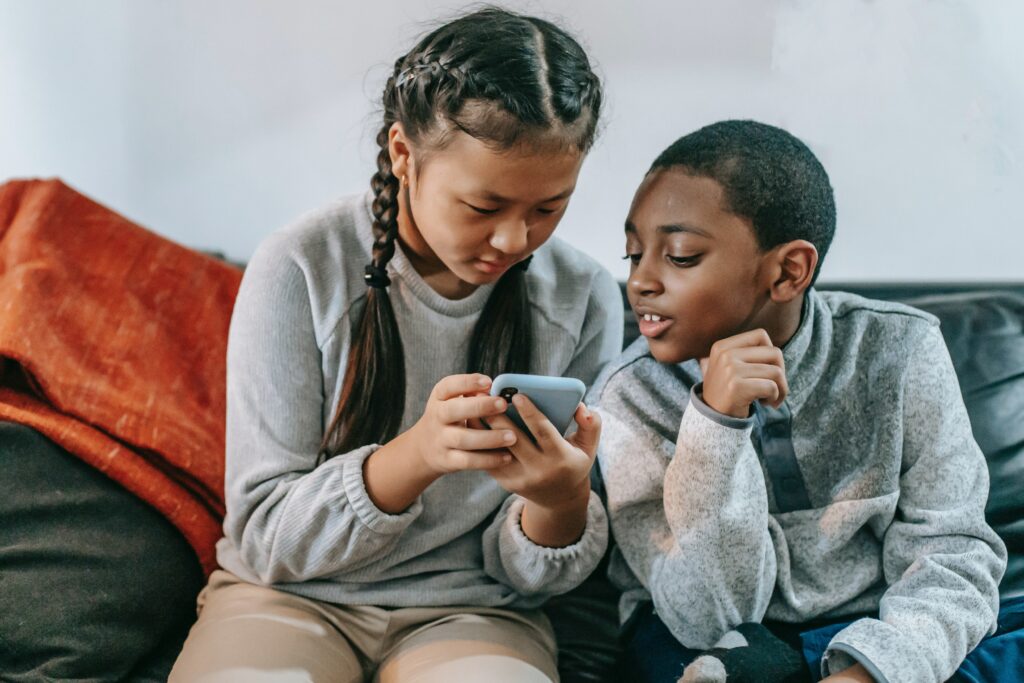YouthQuake! Marketers, brace yourselves.
by GenZ Expert Dean McCoubrey. If you’ve ever watched a rally (no, not political), you’ll probably remember the wide-eyed unpredictability of every turn, the careful observation of the navigator to manage the terrain, and the damaging cost of reading the road incorrectly. As someone who owns a marketing agency, and also an education company that focuses […]
YouthQuake! Marketers, brace yourselves. Read More »




